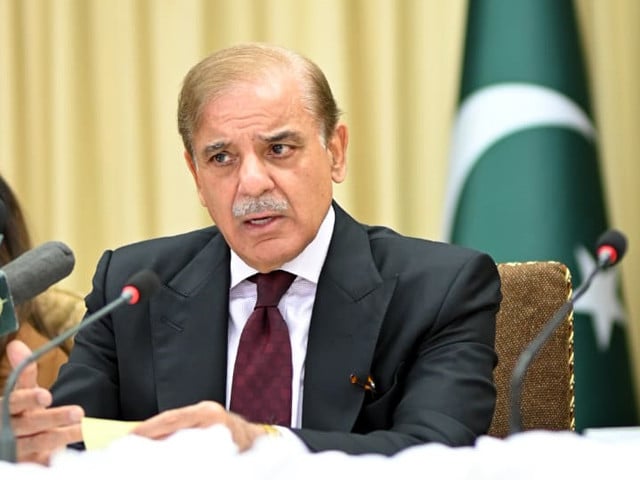ISLAMABAD: Prime Minister Shehabz Sharif has announced his decision to personally preside over the upcoming meeting of the Economic Coordination Committee (ECC) of the Cabinet, marking a significant shift in leadership dynamics within the economic decision-making process.
A notification issued by the Cabinet Division confirmed that, in accordance with Rule 17(2) of the Rules of Business, 1973, Prime Minister Shehabz Sharif has taken the initiative to constitute the Economic Coordination Committee (ECC) of the Cabinet.
Under this arrangement, Prime Minister Shehabz Sharif will serve as the chairman of the ECC, with key ministerial representatives including those from Finance, Economic Affairs Division, Commerce, Power, Petroleum, and Planning, Development & Special Initiatives being appointed as its members.
Moreover, the ECC, through special invitation, may include additional stakeholders to enrich discussions and ensure comprehensive decision-making.
This roster of potential invitees encompasses prominent figures such as the Deputy Chairman of the Planning Commission, Governor of the State Bank of Pakistan, Chairman of the Securities Exchange Commission of Pakistan, and Secretaries from various pertinent divisions including Power, Commerce, Finance, Industries & Production, Economic Affairs, Petroleum, Planning, Development & Special Initiatives, National Food Security & Research, Privatization, Railways, Revenue, Poverty Alleviation & Social Safety, and Water Resources. Additionally, the Chairman of the Board of Investment may also be called upon to contribute to deliberations.
























